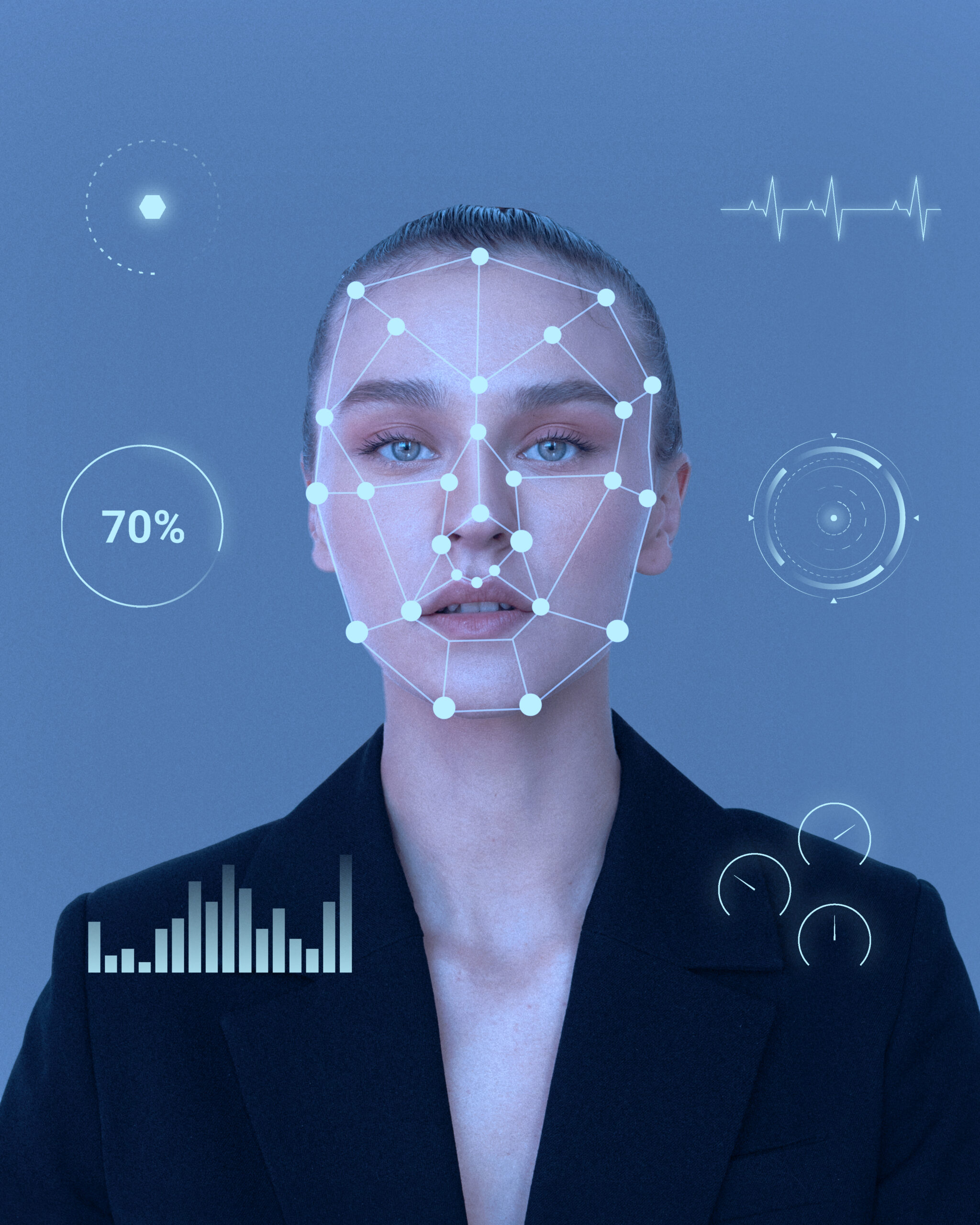Internal Articles
The economic potential of Metaverse

The term “metaverse” was first used in the 1982 book Snow Crash, written by Neil Stevenson. Stevenson’s metaverse was a virtual place where characters could go to escape a dreary totalitarian reality.
While the concept of the metaverse has been in development in the last two decades, it’s still in the early stages of development. The metaverse can be defined as a virtual reality space where users interact in a shared digital world, and it’s expected to be the next big thing in the tech industry, with the potential to revolutionize the way we live, work and interact with each other. While in the past many technologies have failed to keep up to their promises, billions of dollars are being invested on Metaverse, which means that some of the world’s greatest talents are deeply committed to making it a reality.
According to a recent report by IDC, the global metaverse market is expected to grow at a CAGR of over 60% during the forecast period 2021-2026. The report states that the metaverse will have a significant impact on various industries, including finance, retail, and healthcare.
Gartner, a leading research and advisory company, predicts that the metaverse will become mainstream by 2030. In a report, Gartner states that “the metaverse will become a mainstream reality by 2030, with billions of people and businesses participating in virtual worlds. The metaverse will be the most immersive and expressive medium in the history of mankind, providing new opportunities for entertainment, work, learning, and socializing.”
Similarly, McKinsey, a global management consulting firm, predicts that the metaverse will be a $1 trillion market by 2030, creating new opportunities for businesses and consumers alike. The metaverse will enable new forms of social interaction, entertainment, and commerce, and will be a key driver of innovation and growth in the digital economy.”
The metaverse could have a significant impact on several industries, such as:
- Financial Sector: delivering to the customers a platform for virtual trading and investment, allowing customers to buy and sell virtual assets such as virtual currencies and digital collectibles.
- Entertainment: providing a new platform for entertainment, such as virtual concerts and sports events, allowing fans to attend and interact with their favourite performers and teams in a virtual environment.
- Healthcare industry: offering a virtual reality-based therapy to patients, such as virtual reality-based exposure therapy for patients with phobias or post-traumatic stress disorder.
- Retail: delivering a new platform for e-commerce, allowing customers to shop in virtual stores and try on clothes in virtual fitting rooms.
- Education and Training: The metaverse could provide a new platform for virtual classrooms and virtual training, allowing students and employees to learn and practice in a virtual environment.
However, it’s important to note that the development of the metaverse also depends on several factors such as technological advancements, user adoption, and regulatory frameworks. The technology required to build the metaverse, such as virtual reality and augmented reality, is already available but still need to be further developed and refined to make the metaverse a seamless and fully immersive experience for users. Additionally, the development of the metaverse also depends on the availability of high-speed internet and 5G connectivity, which are still being rolled out globally.
In conclusion, the metaverse is still in the early stages of development, but it’s expected to become mainstream by 2030, with Gartner and McKinsey predicting a $1 trillion market by 2030. The metaverse has the potential to revolutionize several industries and the way we live, work and interact with each other, and it will be interesting to see how it develops in the coming years.
 | David Faustino CEO |



















